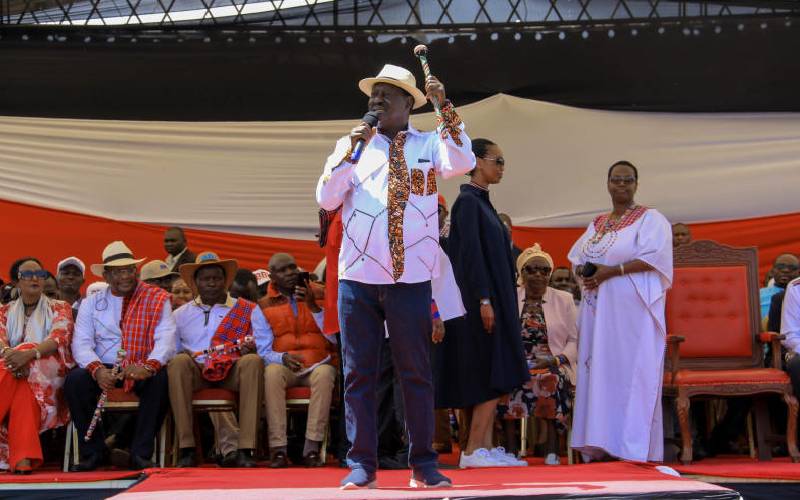×
The Standard e-Paper
Kenya’s Boldest Voice

Some Kenyans are concerned, and rightly so, that the Building Bridges Initiative (BBI) process is slowly taking the wrong direction. Besides sideshows — such as walkouts and politicians being shoved out of meetings — early 2022 campaigns and divisive politics have featured in the BBI rallies.